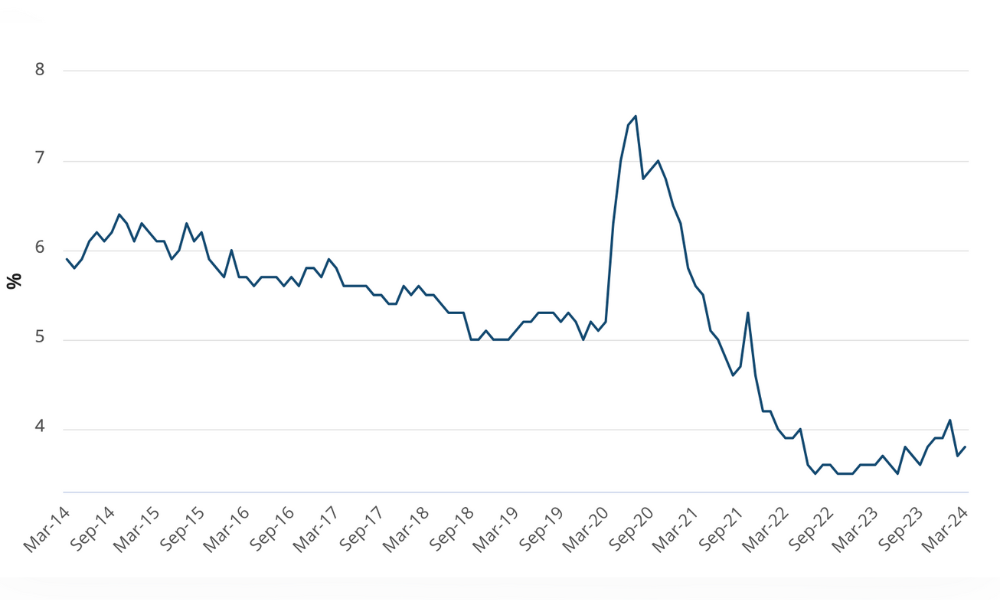If staff are required to do ad hoc tasks from home, should they receive the same pay entitlements as if they had to return to the workplace?
While smartphones and tablets allow employees to conduct ad hoc tasks from home, one key question for employers is whether out-of-office phone calls constitute a “recall to work” which may come with additional pay entitlements.
A recent Federal Court case has shed light on this matter in which rostering clerk Mandy Polan took action against her former employer Goulburn Valley Health.
Polan alleged she was underpaid after taking calls at all hours and claimed she was owed overtime pay for this added work time.
The various awards and agreements she was covered by included the following conditions for when employees were recalled to work:
“I do not consider that what the applicant was doing when she answered and made telephone calls … can properly be described as the applicant being recalled to duty,” she said in the final judgment.
The on-going arrangement meant Polan was required to be on-call 24/7. She was paid an on-call allowance accordingly, the judge found.
“The purpose of that payment was, as I have found above, to recognise the burden and inconvenience which attended the status of being available to perform duties as and when required, and at short notice.”
However, the judge recognised that Polan was still entitled to overtime pay for the specific periods she worked at home.
“Unless the award or agreements otherwise provided (and it does not appear to me that they did), if she only worked for ten minutes in one period, then the proportion of her hourly rate which would be subject to payment at time and a half, or double time, would only be that ten minutes,” she said.
Related stories:
How can HR ensure employees don’t work excessive hours?
Research finds staff working $71.2 billion unpaid hours
Overtime – it’s common, but is it legal?
A recent Federal Court case has shed light on this matter in which rostering clerk Mandy Polan took action against her former employer Goulburn Valley Health.
Polan alleged she was underpaid after taking calls at all hours and claimed she was owed overtime pay for this added work time.
The various awards and agreements she was covered by included the following conditions for when employees were recalled to work:
- They are entitled to a minimum of three hours at the stated overtime rate
- They should have at least eight hours off duty between midnight and commencement of the next period of duty
- They are entitled to double rate of pay during their next period of duty if they have not had this eight hour break
“I do not consider that what the applicant was doing when she answered and made telephone calls … can properly be described as the applicant being recalled to duty,” she said in the final judgment.
The on-going arrangement meant Polan was required to be on-call 24/7. She was paid an on-call allowance accordingly, the judge found.
“The purpose of that payment was, as I have found above, to recognise the burden and inconvenience which attended the status of being available to perform duties as and when required, and at short notice.”
However, the judge recognised that Polan was still entitled to overtime pay for the specific periods she worked at home.
“Unless the award or agreements otherwise provided (and it does not appear to me that they did), if she only worked for ten minutes in one period, then the proportion of her hourly rate which would be subject to payment at time and a half, or double time, would only be that ten minutes,” she said.
Related stories:
How can HR ensure employees don’t work excessive hours?
Research finds staff working $71.2 billion unpaid hours
Overtime – it’s common, but is it legal?





